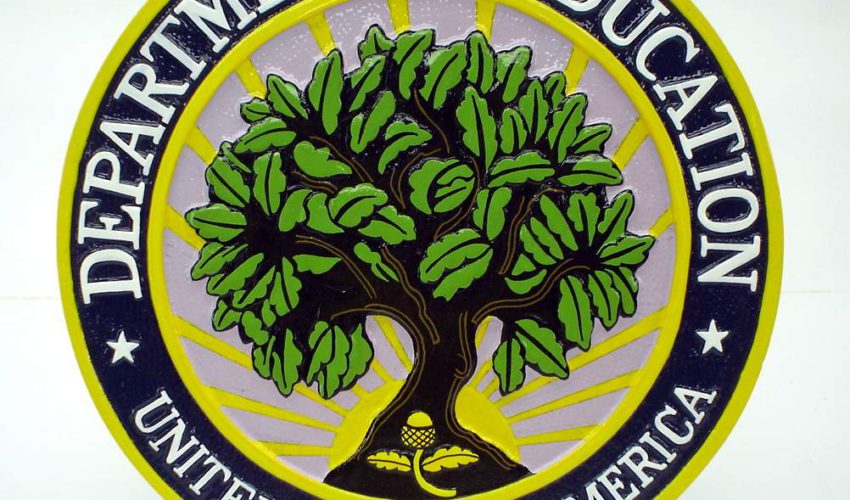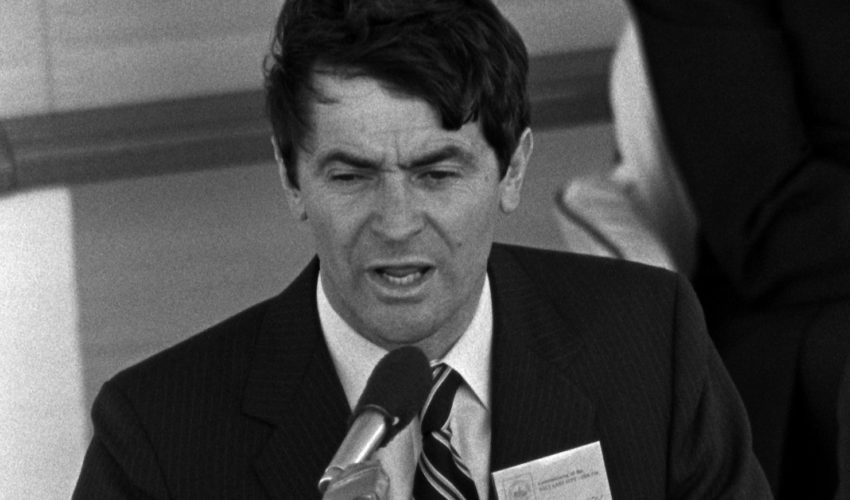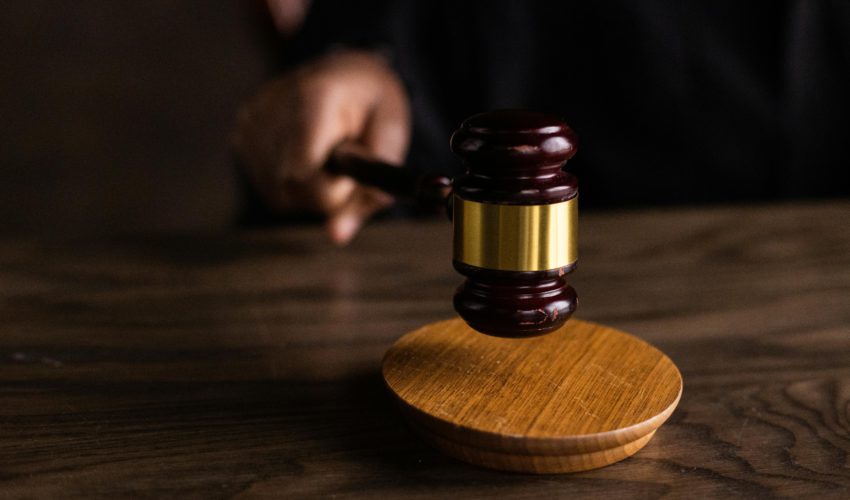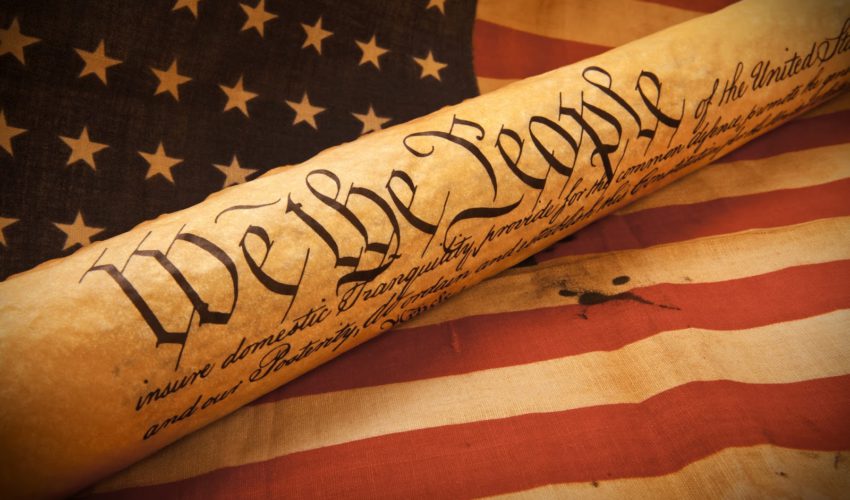SALT LAKE CITY, UTAH – Attorney General Sean D. Reyes sent a letter to the U.S. Department of Justice over the Victims of Crime Act (VOCA) Victim Compensation Grant Program (“Proposed Rule”). The letter from the State of Utah follows letters from the States of Alabama and Kansas in opposition to the federal government’s proposed regulations.
In his letter, General Reyes shares Alabama and Kansas’ concerns regarding the lack of statutory authority for the Proposed Rule. He also argues that some of the conditions in the Proposed Rule directly conflict with Utah law and that the DOJ’s Office for Victims of Crime lacks statutory authority to regulate disparate impact in the criminal justice system.
General Reyes writes, “The VOCA Grant Program is an example of a State-Federal partnership that benefits innocent victims of crime, not criminals. I ask that you not destroy it by using the program as a cudgel to push controversial political objectives. The Proposed Rule should be withdrawn in its entirety. Any technical amendments to accommodate statutory changes should be made in a separate rulemaking, limited to just those technical amendments.”
Earlier this year, General Reyes joined a letter to the U.S. House and Senate “urging Congress to provide bridge funding to the Crime Victims Fund.”










